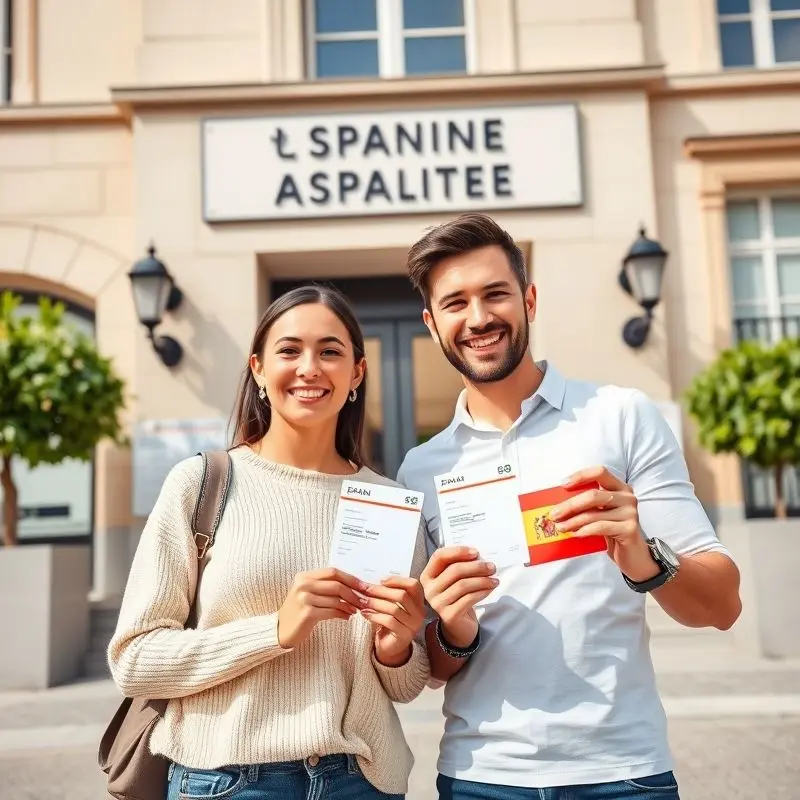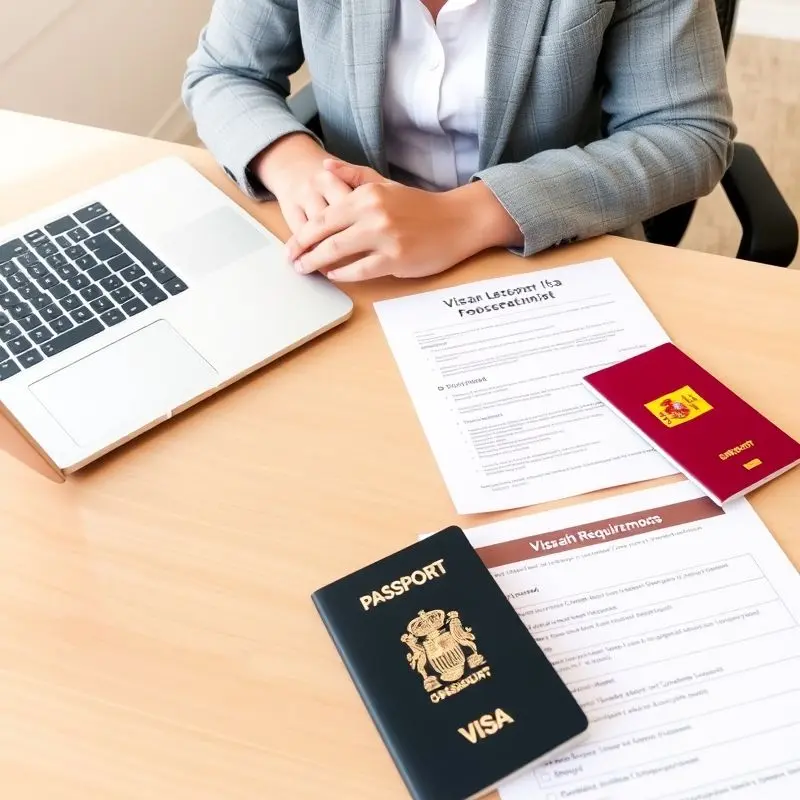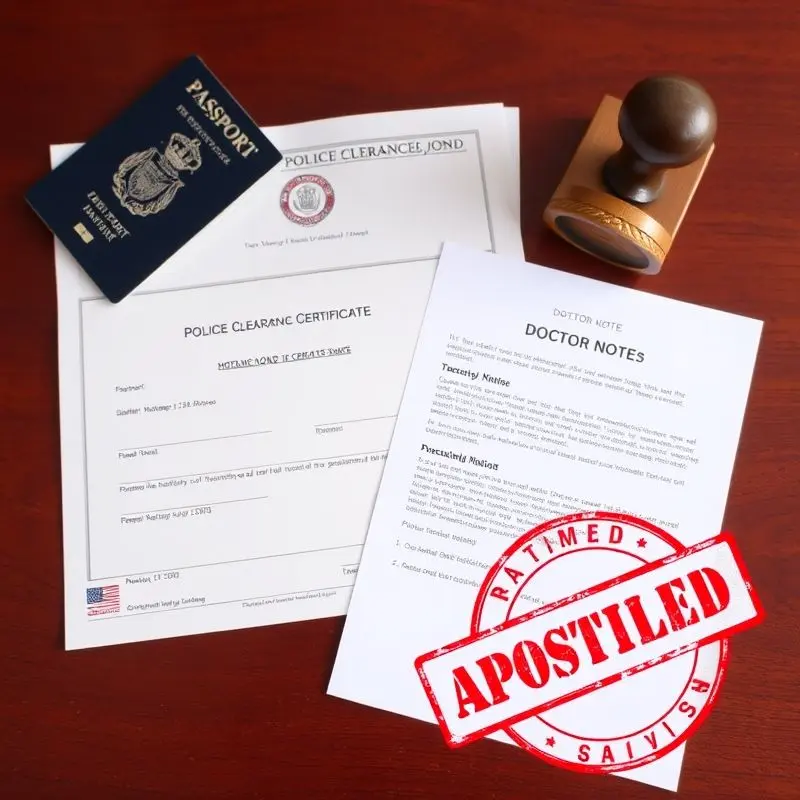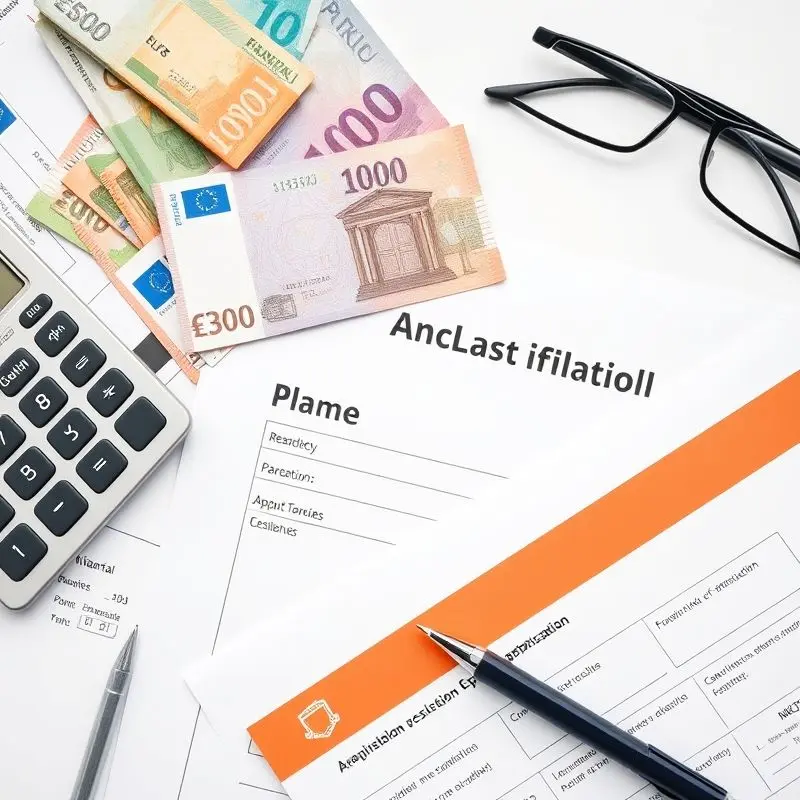Married or in a partnership? Here’s how to secure your legal residency in Spain
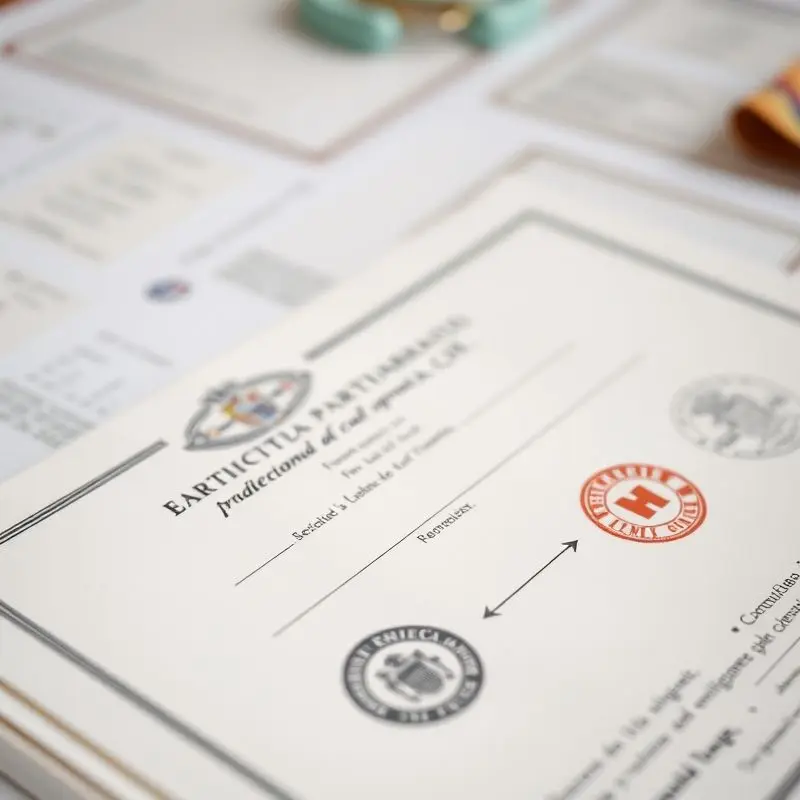
Understanding Your Pathway
Marriage vs Partnership
Legally, both marriage and officially registered partnerships can enable non-EU partners to apply for residency under family reunification rules
However, marriage can lead to faster pathways to Spanish citizenship, especially after one year of legal residence with a Spanish spouse
Immigration Spain
Partnerships offer similar rights to residency and eligibility but may lack some marriage-specific benefits like tax filing or survivor pensions .
Key Requirements
- Proof of relationship (e.g., marriage certificate or registered partnership documentation, shared lease, joint bank statements)
- Valid passports and criminal record checks
- Health insurance coverage or EU citizen’s registration
- Proof of sufficient financial means (salary, savings, or spouse income)
- Residency registration certificate (empadronamiento)
- Applying for Residency — Step by Step
Step 1: Entry to Spain
If required, apply for a Schengen visa from your home country to enter Spain legally
Citizens of countries with visa‑free access may enter and initiate residency application within 90 days.
Step 2: Application Submission
Submit residency application at the Foreigners’ Office (Extranjería) or via an authorised representative.
Once approved, book an appointment with the National Police to apply for the TIE card (Tarjeta de Identidad de Extranjero) — shows your NIE number and permission to live/work in Spain
Step 3: TIE Card Collection
At the police station, your identity is checked, fingerprints taken, and you’re assigned the TIE residency card.
Check all personal details carefully before leaving as corrections later can be cumbersome .
Residency Options and Renewals
Types of Permits
EU Family Member Permit: For non‑EU partners of EU/Spanish citizens.
Temporary Residency (typically 1 year, renewable annually)
Renewals & Progression
Year 1: The first permit is temporary; relationship formalization must be maintained.
Years 2–5: Renew annually; ensure continued cohabitation, financial means, healthcare.
Year 5 onward: Apply for long-term/permanent residency, offering indefinite stay rights.
After residing continuously for one year as a spouse of a Spanish citizen, you may apply for citizenship and pass DELE/CCSE exams
Immigration Spain
Moreover, if you are applying for Spain residency requirements for spouses, you must submit proof of your legal union and financial support. Furthermore, non‑EU nationals in an official partnership looking for unmarried partner visa Spain eligibility can still qualify, provided they register the union under local regulations or provide equivalent evidence of cohabitation.
Visual & Design Suggestions
- Infographic: Timeline from entry → renewal → permanent residency → citizenship.
- Flowchart: Pathways: Married vs Partnership → Documentation → Application → TIE card.
- Checklist boxes: For each document required: passport, empadronamiento, insurance, proof of relationship.
- Sample TIE card mock-ups: Show differences between temporary, family member, permanent.
Conclusion
- Both marriage and registered partnerships provide a legal path to residency in Spain.
- Eligible applicants must meet Spain residency requirements for spouses or unmarried partner visa Spain eligibility.
- Citizenship becomes available faster through marriage to a Spanish national.
- Throughout the process, you may hire immigration lawyer Spain to streamline it or address appeals.
By following this premium guide, you’ll be confidently equipped to secure legal residency in Spain—whether through marriage or partnership. Your Spanish life begins here.
